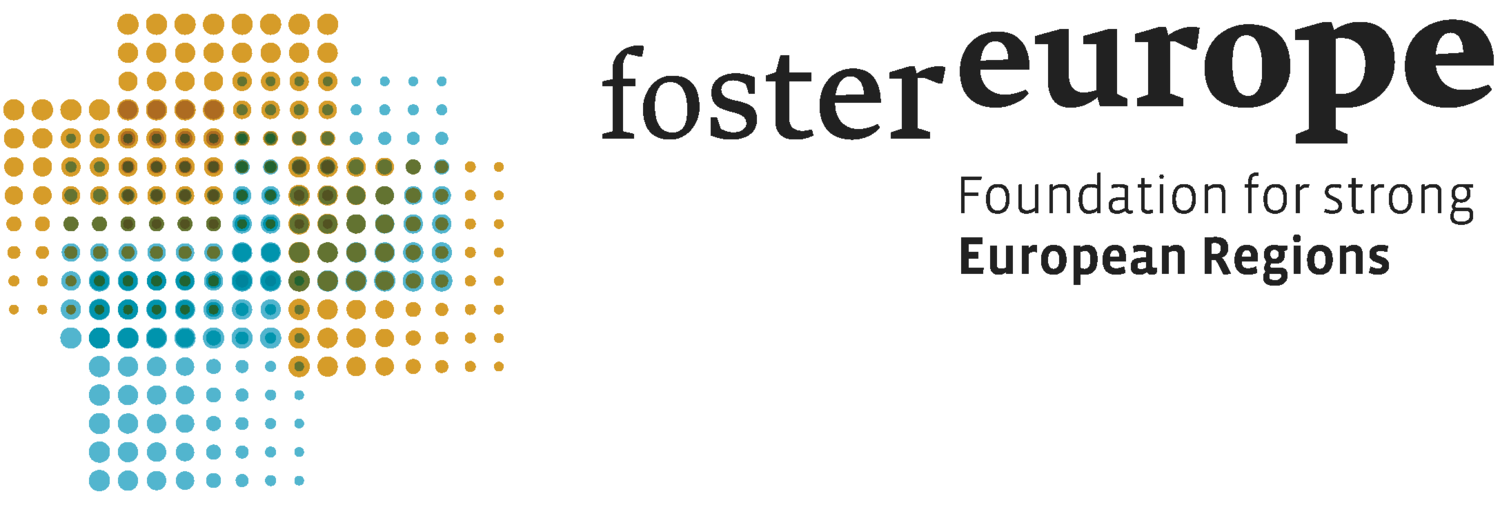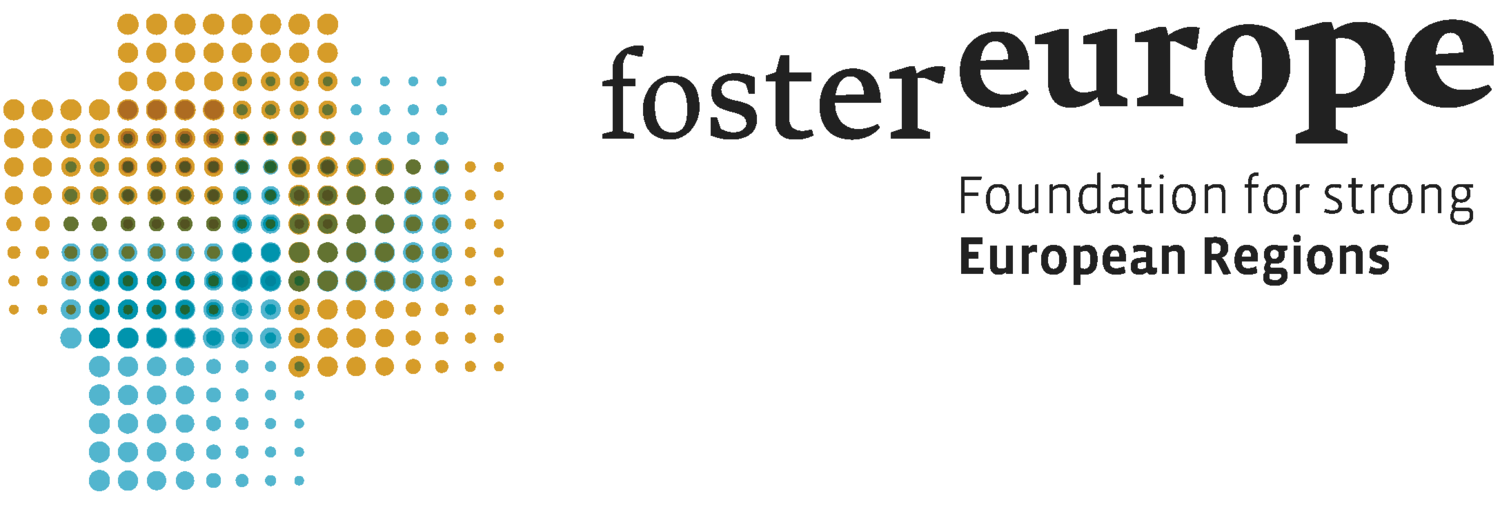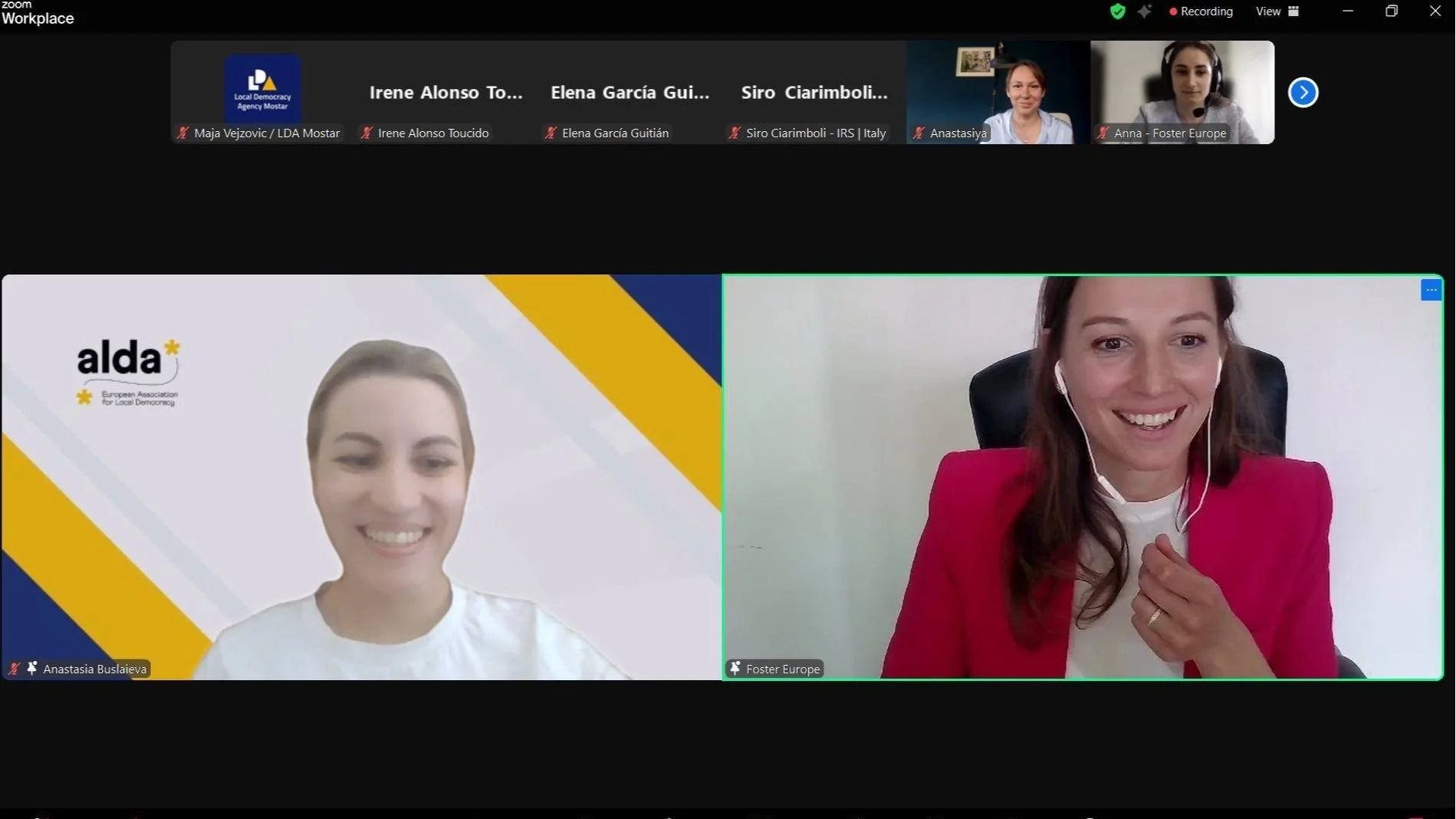The presentations can be accessed by clicking on the links in the Agenda below.
We are pleased to invite you to the international online conference: Civic Participation and Democracy: Limits, Potentials, and Extremes, taking place on June 11. 2025 from 9:00-15:30.
The international online conference is part of the EU-co-funded project FOSTER Future Oriented Solutions Toward Environmental Resilience.
The FOSTER project has highlighted in an earlier online conference the role and importance of civil society participation.
The upcoming conference addresses civil participation, the political, social, cultural, ecological activism and action on the level of citizens with focus on mainly (but not exclusively) informal or unorganised organisational level.
As organisers and audience are expected to be well acquainted with civic participation, the conference will address the issue on two levels.
FIRST:
It will discuss the differences and similarities of civic engagement and civic participation on local, regional, national and trans-national level by presenting paradigmatic examples for each of the levels. This will help to differentiate concepts, methods applied and interventions addressing the respective level of engagement. A special focus will be given to civic participation in rural areas, where a classical polis-concept is missing or can be split up into various neighborhood and village concepts.
SECOND:
In a second part, the conference will look at civic participation in situations of extremes. Two examples will be presented from civic resistance in Belarus against the Lukashenko dictatorship, the repeated falsification of elections, and the establishment of an unlawful, violent oppressor regime.
Another example of civic participation in extremes is the case of civic participation in and against the effects of the full-scale aggression of Russia against Ukraine.
Both examples show how important civic engagement can be to make a difference in the livelihood of people and show at the same time the strength we can find in a pluralistic free society of engaged citizens.
The conference will be introduced by a keynote from the European expert and scholar Elena García Guitián, Madrid.
The meeting will offer opportunity to a vibrant exchange of experiences, knowledge and visions among the participants.
AGENDA:
11. June 2025, online, Zoom
09:00 | Welcome and Introduction
Stefan August Lütgenau, Foster Europe Foundation
09:30 | Opening Session
Nadia Di Iulio, Project Manager, ALDA - European Association for local democracy, The FOSTER project: future-oriented solutions toward environmental resilience
Keynote: Elena García Guitián, Universidad Autónoma de Madrid
Q&A
10:10| Case Studies: Civic Participation Making a Difference
Moderation: Stefan August Lütgenau, Foster Europe Foundation
Case study 1: Transnational Participation, Irene Alonso Toucido, Democratic Odyssey
Case study 2: Regional and Local Participation, Stefan Sindelar, Innovation in Politics
Case study 3: Participation and Rural Areas, Iva Taralezhkova, Devetaki Plateau
Q&A
Case study 4: Participation in exile and home: Ukraine, Anastasia Busaileva, ALDA Ukraine
Case study 5: Civic participation in fight against dictatorship: Belarus, Anastasiya Svirkova, People's Embassy of Belarus in Austria
Case study 6: Civic Participation and Reconciliation, Maja Vejzović, LDA Mostar
12:10 | Lunch break
13:00 | Breakout Rooms
Room 1: What do we need from Europe?
Expert: Maja Vejzović, LDA Mostar
Room 2: Civic Participation, Democracy and Developement
Expert: Anastasia Busaileva, ALDA Ukraine
14:00 | Report From the Breakout Rooms
15:00 | Conclusion & Outlook
15:30 | End of the Event
*The conference is organised within the FOSTER - Future oriented Solutions Toward Environmental Resilience, a two years project funded by the CERV - Citizens Equality Rights and Values programme of the European Union. The project aims to contribute to the development of governance frameworks that can effectively and inclusively address future environmental challenges at local level, by fostering strategic foresight and preventative local management of climate change-related phenomena. Started in September 2024, during the project, participants build capacity for foreseeing and analysing future socio-economic needs as consequences of climate change at local level; as well as, co-designing potential solutions bringing together all relevant stakeholders and community representatives at public and private level. Finally, international online networks are created to share best practices, materials and widely raise the debate on future oriented environmental governance.






